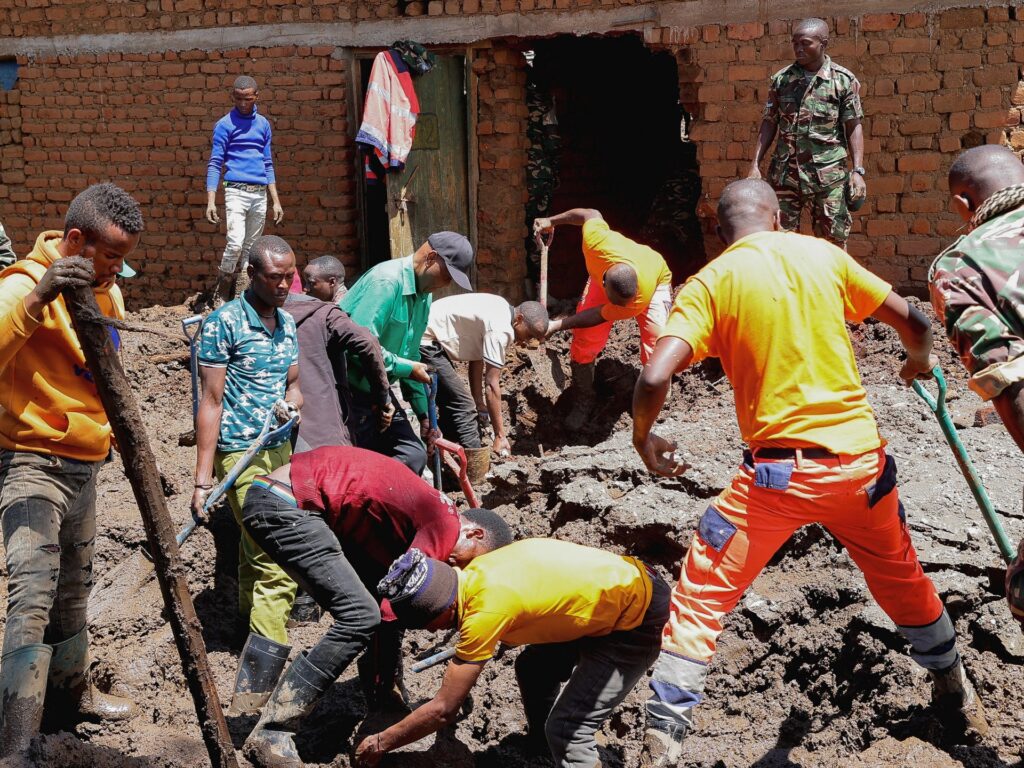The floods have affected more than 100,000 people, with coastal areas of Tanzania being particularly affected.
Floods have killed 58 people in Tanzania over the past two weeks, prompting the East African country to turn to major infrastructure projects for solutions.
The government announced the death toll late Sunday as heavy rains continue to batter the country. April marks the peak of Tanzania's rainy season, which has been exacerbated this year by the El Niño phenomenon, which is causing droughts and floods around the world.
“From April 1 to April 14, 2024, 58 people died due to heavy rains that caused flooding,” government spokesperson Mobale Matini said at a press conference, adding that the country's coastal areas were the most affected. He emphasized that it is one of the regions that
“Severe flooding has affected coastal areas, with 11 deaths so far,” he added.
Tanzania plans to build 14 dams to prevent future flooding, a spokesperson said.
Just four months ago, at least 63 people were killed by floods that caused devastating landslides in northern Tanzania.
On Friday, eight schoolchildren drowned after their bus fell into a flooded ravine in the country's north. A volunteer who took part in the rescue operation also died.
Overall, at least 126,831 people were affected by the floods, Matini reported.
More than 75,000 farms were damaged in the coastal and Morogoro regions, about 200 km (124 miles) west of the economic capital Dar es Salaam.
Essential items, including food, were distributed to the affected people.
Heavy rain is also falling in other parts of East Africa. At least 13 people have been reported killed in flooding in neighboring Kenya.
Infrastructure has also been damaged and people living in areas at risk of flooding have been asked to move.
Scientists at the World Weather Attribution Group said rainfall in East Africa from October to December was “among the heaviest ever recorded”.
“Climate change also played a role in this event, with heavy rains up to twice as intense,” AFP news agency quoted the group as saying, adding that the exact contribution of global warming was unclear.

